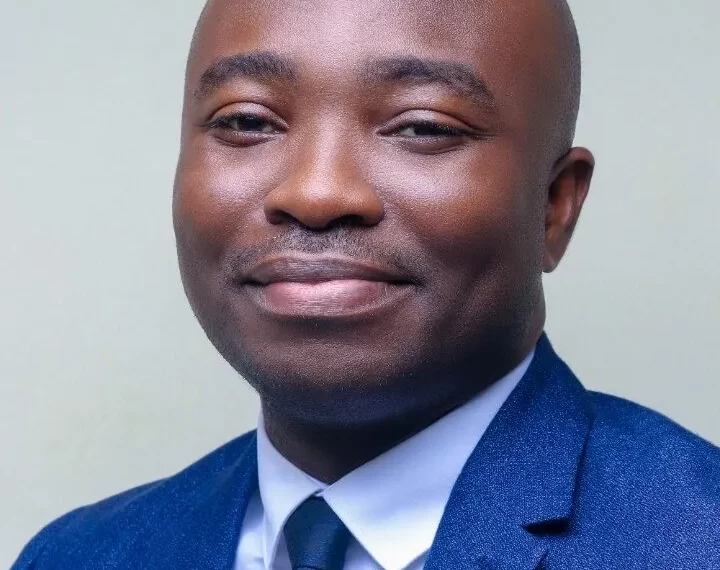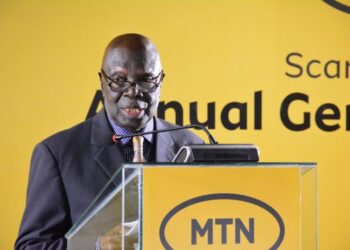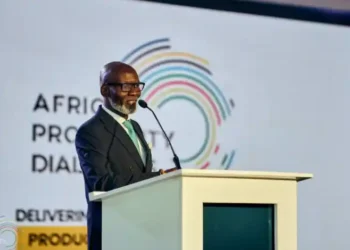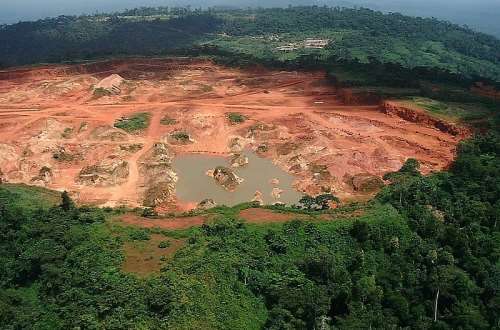Nana Wiafe Boamah, the Chief Investment Officer (CIO) of Axis Pensions Trust, has disclosed that putting certain state-owned businesses (SOEs) in capable and qualified hands could encourage a thriving capital market.
The CIO clarified that by opening up ownership of certain SOEs, such as the Electricity Company of Ghana (ECG) and Ghana National Gas Company (Ghana Gas) to private participation through the stock market, government could not only create a vibrant capital market but also efficiently run institutions.
“If we are conscious and passionate about helping build a very vibrant capital market, why should government own Ghana Airports, Tema Oil Refinery, Ghana Gas and ECG? Around the 80s and 90s when we were confronted with harsh economic realities in the country, what happened?
“They privatised all government institutions that were draining the budget. How did they privatise those institutions? Most of them found themselves on the stock exchange. If we are committed to building our market, the likes of Ghana Water, ECG should have been privatised into competent hands, not family and friends.”
Nana Wiafe Boamah
According to him, in 2020, approximately 50% of SOEs lost a total of GH5.3 billion in their operations, adding that “within three years, ten SOEs operating in the energy sector recorded cumulative losses of GH¢9billion.”
Mr. Boamah further revealed that SOEs in the sector lost GH3.7 billion in 2018, GH2.9 billion in 2019, and GH2.5 billion in 2020, with the Electricity Company of Ghana (ECG), Tema Oil Refinery, Valco, and Northern Electricity Distribution Company among the largest losers throughout the time.
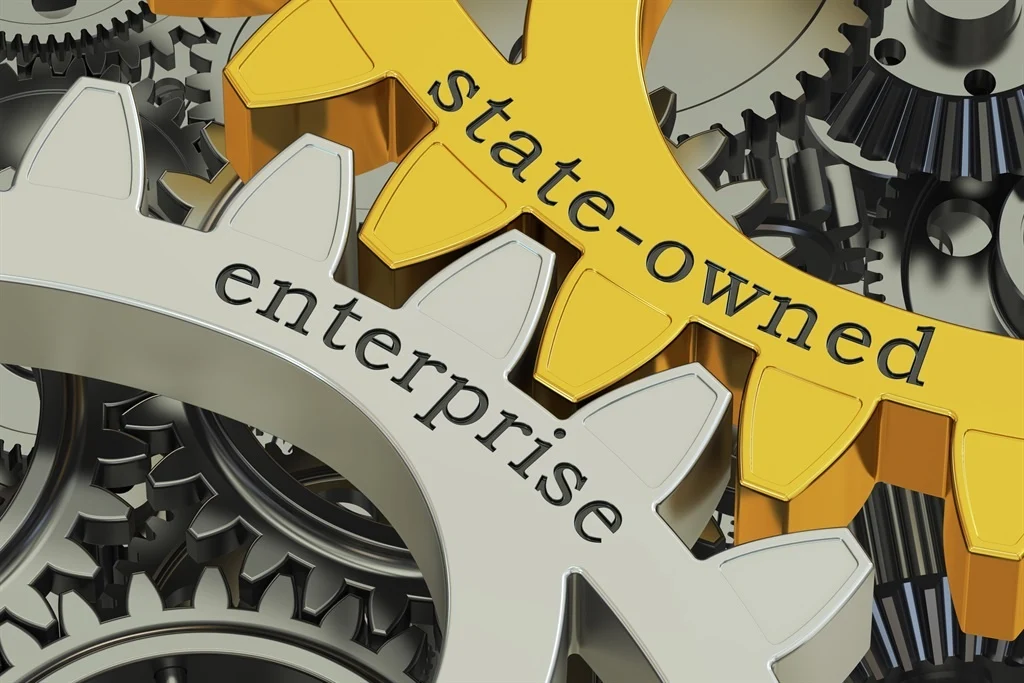
Invigorating The Capital Market
In an effort to reverse this losing trend, Mr. Boamah suggested for a private-public partnership system in which the government retains a certain ownership in SOEs, but transfers management and operation to competent private individuals.
The CIO indicated that this might be accomplished by listing the shares they hold on the stock exchange, a move he believes will be a game changer in the country’s efforts to reduce losses, enhance efficiency, and create cash to fund growth.
Doing so, he communicated that this will create a vibrant capital market and provide investment options to the investing public.
With private participation long regarded as the best long-term solution, particularly in light of the current dire economic situation, Mr. Boamah argued against privatization being regarded as a risk, instead describing it as a means of addressing existing monopolies and inefficiencies within certain SOEs.
He further cited state-owned enterprises including the Ghana Water Company, ECG, Ghana Airports, Tema Oil Refinery, Ghana Gas and others as SOEs which could see a positive change in fortunes if their ownership is transferred to competent private hands.
Nana Wiafe Boamah emphasized that individuals holding key positions in industry association are well-informed about best practices, but their failure/inability to utilize this information impedes market performance and economic growth.
Mr. Boamah emphasized the necessity of strategy execution and criticized the sub-region’s lack of progress in market integration over the last decade.
“For some of us who have been passionate about this market for a very long time, I can say we are in our extra-time or injury-time. If the market does not develop, we will find alternatives elsewhere; and the capital that should have remained in Ghana will go elsewhere simply because we have failed to develop our market.”
Nana Wiafe Boamah

